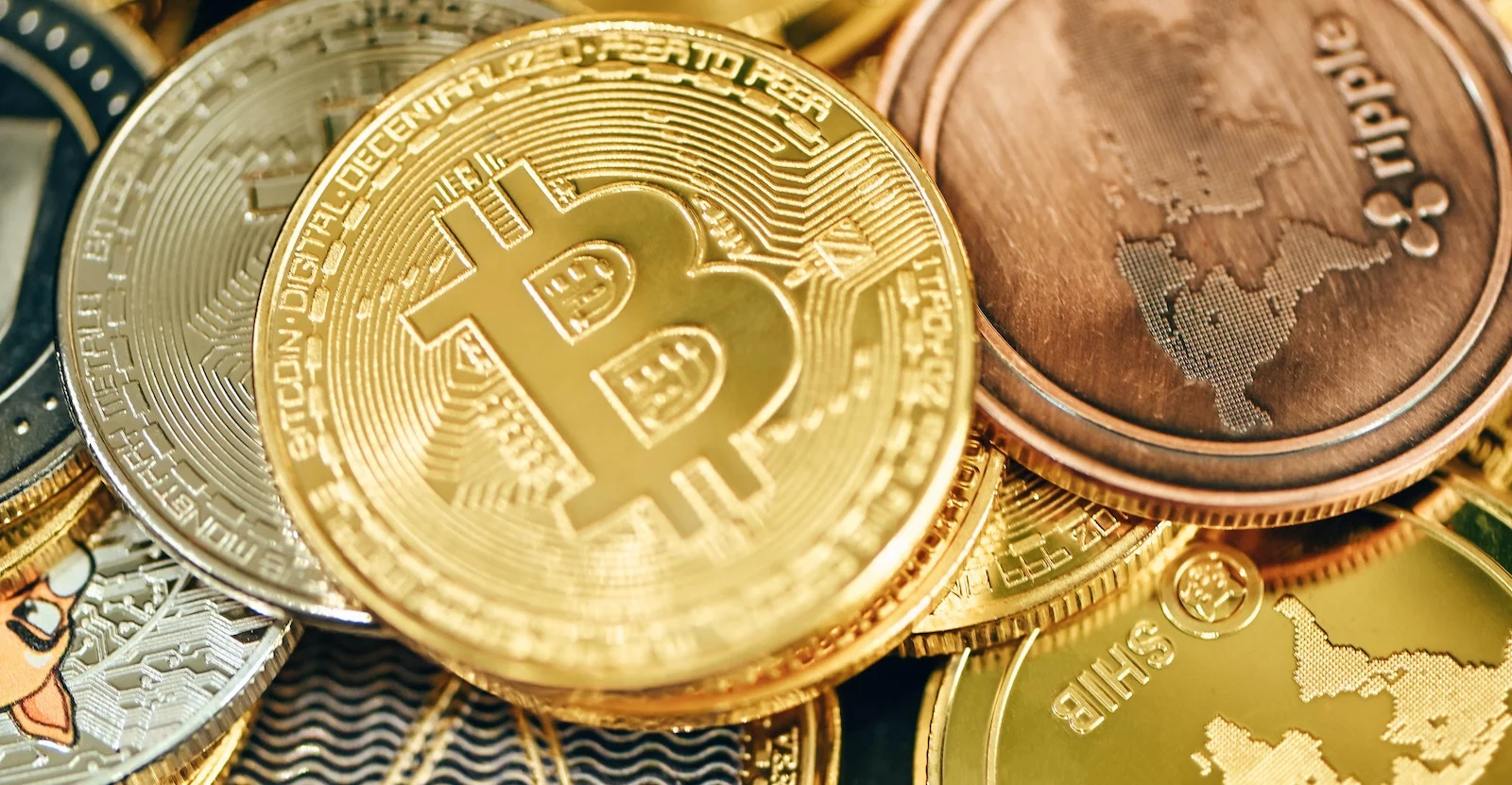Navigate the crypto landscape with ease: learn which cryptocurrency to buy, explore top contenders, and understand crucial factors for successful investing.
If you’ve been exploring the world of digital currencies, you might be wondering, what cryptocurrency to buy? With thousands of options available and the market constantly evolving, finding the best crypto investments can be overwhelming. In this comprehensive guide, we’ll help you navigate the cryptocurrency landscape and determine which digital assets are worth considering.
The Rise of Cryptocurrencies
Cryptocurrencies have come a long way since the inception of Bitcoin in 2009. As a decentralized digital currency, Bitcoin revolutionized the way people transact and store value. Since then, countless other cryptocurrencies have emerged, each with its unique features and use cases. Today, the market is characterized by its volatility, potential for high returns, and rapid technological advancements.
What Cryptocurrency to Buy: Top Contenders
1. Bitcoin (BTC)
Bitcoin remains the most popular and widely recognized cryptocurrency. It has established itself as a store of value and digital gold. With its limited supply of 21 million coins, many investors see Bitcoin as a hedge against inflation and a long-term investment. Moreover, its extensive network and growing institutional adoption make it a solid choice for both beginners and seasoned investors.
2. Ethereum (ETH)
Ethereum is the second-largest cryptocurrency by market capitalization. It’s a platform for decentralized applications (DApps) and smart contracts, allowing developers to build various solutions on its blockchain. ETH, the native token, is used to power these applications and is a popular choice for investors. Ethereum’s transition to Ethereum 2.0 aimed to enhance its scalability and energy efficiency, making it even more attractive for long-term investments.
3. Binance Coin (BNB)
Binance Coin is the native token of the Binance ecosystem, one of the largest cryptocurrency exchanges in the world. BNB has various use cases, such as paying for transaction fees, participating in token sales, and staking. Its strong ties to the Binance platform make it an attractive option for investors. Additionally, Binance’s expansion into decentralized finance (DeFi) and other blockchain services further bolster BNB’s potential for growth.
4. Cardano (ADA)
Cardano is a proof-of-stake (PoS) blockchain platform focused on sustainability, scalability, and interoperability. Its native token, ADA, is used to facilitate transactions and participate in network governance. With a strong development team and ambitious goals, Cardano is considered a promising long-term investment. The project’s emphasis on scientific research and peer-reviewed development sets it apart from other blockchain platforms.
5. Solana (SOL)
Solana is a high-performance blockchain platform that can handle thousands of transactions per second. Its native token, SOL, is used for transaction fees and staking. With its innovative technology and growing ecosystem, Solana has quickly gained popularity among investors. The platform’s focus on scalability, low transaction costs, and a rapidly expanding DeFi ecosystem make it an appealing investment option.
6. Polkadot (DOT)
Polkadot is a next-generation blockchain platform designed to enable seamless communication between various blockchains. Its native token, DOT, is used for governance, staking, and bonding. The project’s interoperability-focused approach positions it as a potential catalyst for cross-chain collaboration, opening up new investment opportunities.
7. Chainlink (LINK)
Chainlink is a decentralized oracle network that connects smart contracts to real-world data, ensuring reliable and tamper-proof inputs and outputs. LINK, its native token, is used to pay node operators for their services. As the leading provider of oracle services in the blockchain space, Chainlink offers a unique investment opportunity in a critical infrastructure component.
8. XRP (XRP)
XRP, the native digital asset of the XRP Ledger, is designed to facilitate fast and low-cost cross-border transactions. Ripple aims to revolutionize the global payments industry by enabling banks and financial institutions to settle transactions in real-time, significantly reducing costs and increasing efficiency. Despite facing regulatory challenges, XRP remains a popular choice for investors who believe in the potential of the technology to disrupt traditional financial systems.

Factors to Consider When Choosing What Cryptocurrency to Buy
1. Market Capitalization
Market capitalization is the total value of a cryptocurrency, calculated by multiplying the current price by the circulating supply. A higher market cap indicates a more established and widely-accepted project.
2. Use Cases
A cryptocurrency’s use cases determine its value and potential for growth. Look for projects with real-world applications and a clear value proposition.
3. Technology
Evaluate the underlying technology of a project to assess its long-term potential. Features like scalability, security, and decentralization are important considerations.
4. Team and Community
A strong development team and an active community can drive a project’s success. Assess the team’s experience and track record, and consider the size and engagement of the community.
5. Regulatory Environment
The regulatory environment surrounding cryptocurrencies can impact their price and adoption. Research the legal status of a cryptocurrency in your jurisdiction before investing. Keep in mind that the regulatory landscape can change, so it’s important to stay informed about any developments that could affect your investments.
Diversification: A Key Investment Strategy
When deciding what cryptocurrency to buy, diversification is crucial. Investing in multiple cryptocurrencies can help spread risk and maximize potential returns. Consider allocating your investment across different sectors, such as smart contract platforms, decentralized finance (DeFi), and non-fungible tokens (NFTs).
Risk Management and Due Diligence
Investing in cryptocurrencies comes with inherent risks. To protect your investment, practice proper risk management by only investing what you can afford to lose and setting stop-loss orders to minimize potential losses. Additionally, conduct thorough due diligence before investing in any cryptocurrency. Research the project, its team, technology, and market potential to make informed decisions.
Final Thoughts
Finding the right cryptocurrency to buy requires thorough research and a solid understanding of the market. By evaluating factors like market capitalization, use cases, technology, and regulatory environment, you can make informed decisions about which digital assets to add to your portfolio. Remember, diversification and risk management are essential for success in the volatile world of cryptocurrency investing.